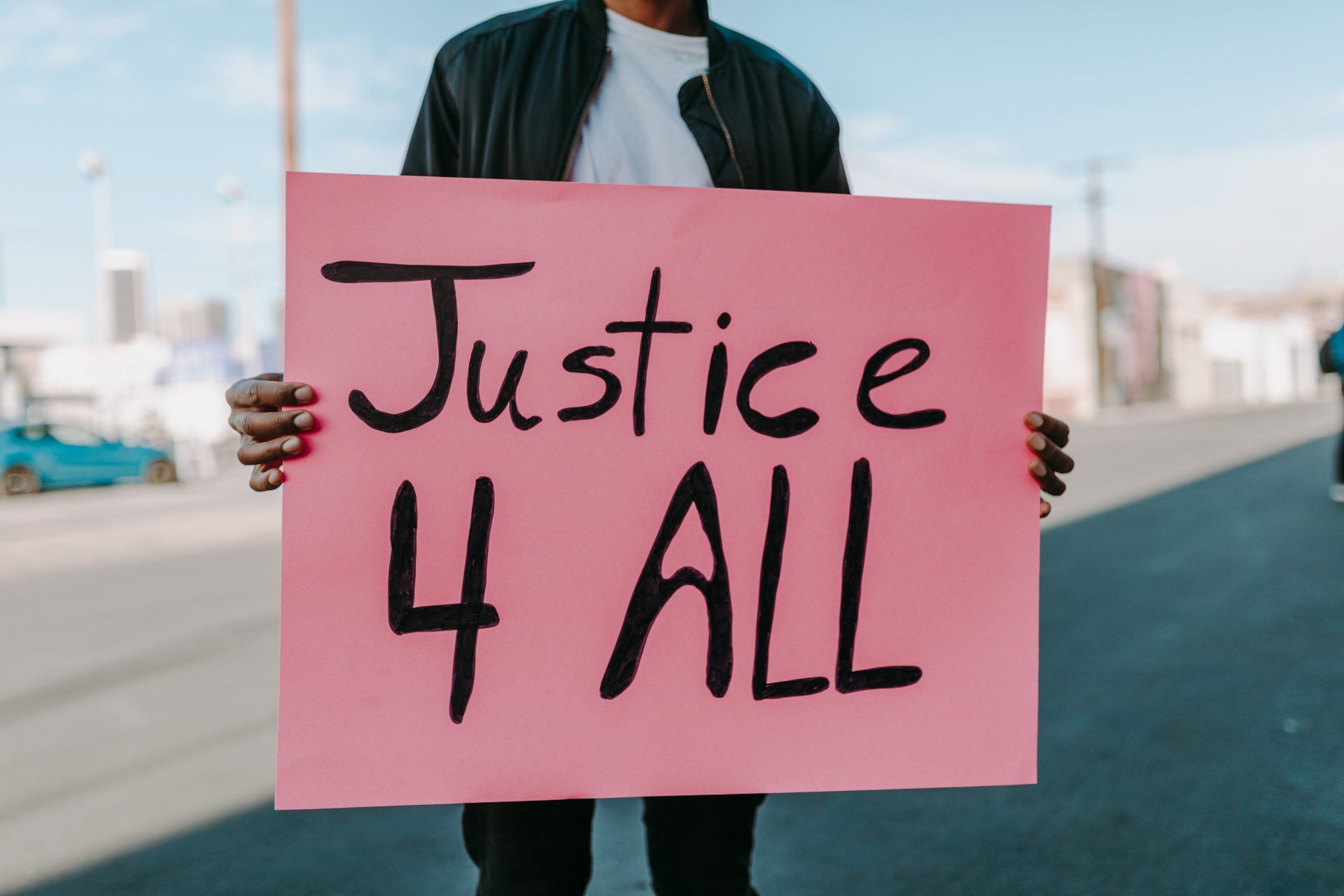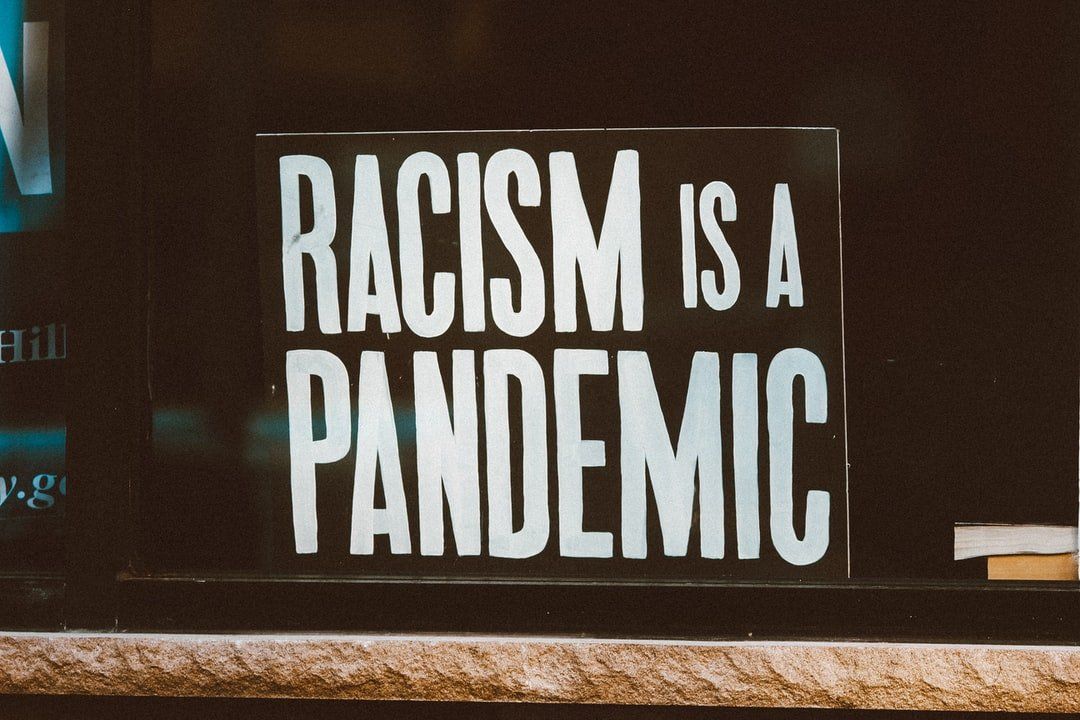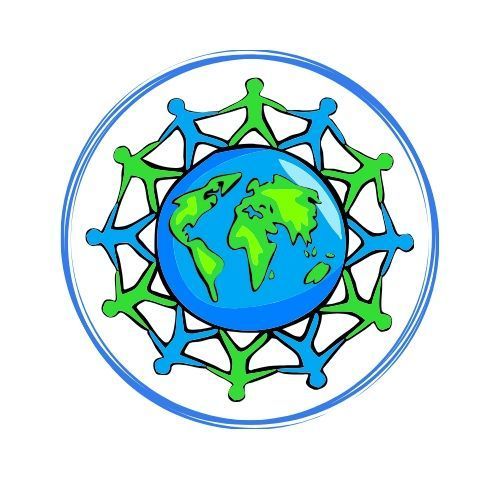ACT
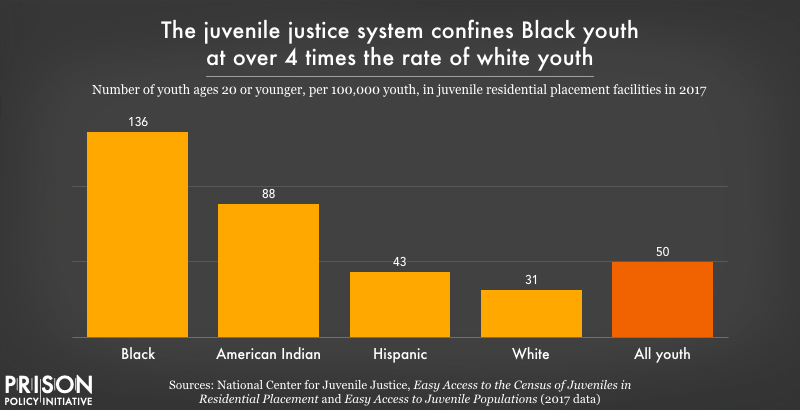
American black and brown bodies are incarcerated and killed at alarmingly higher rates than any other industrialized country. "The rate of fatal police shootings among Black Americans is much higher than that for any other ethnicity, standing at 38 fatal shootings per million of the population as of January 2022."1
1 People shot to death by U.S. police, by race 2022 | Statista
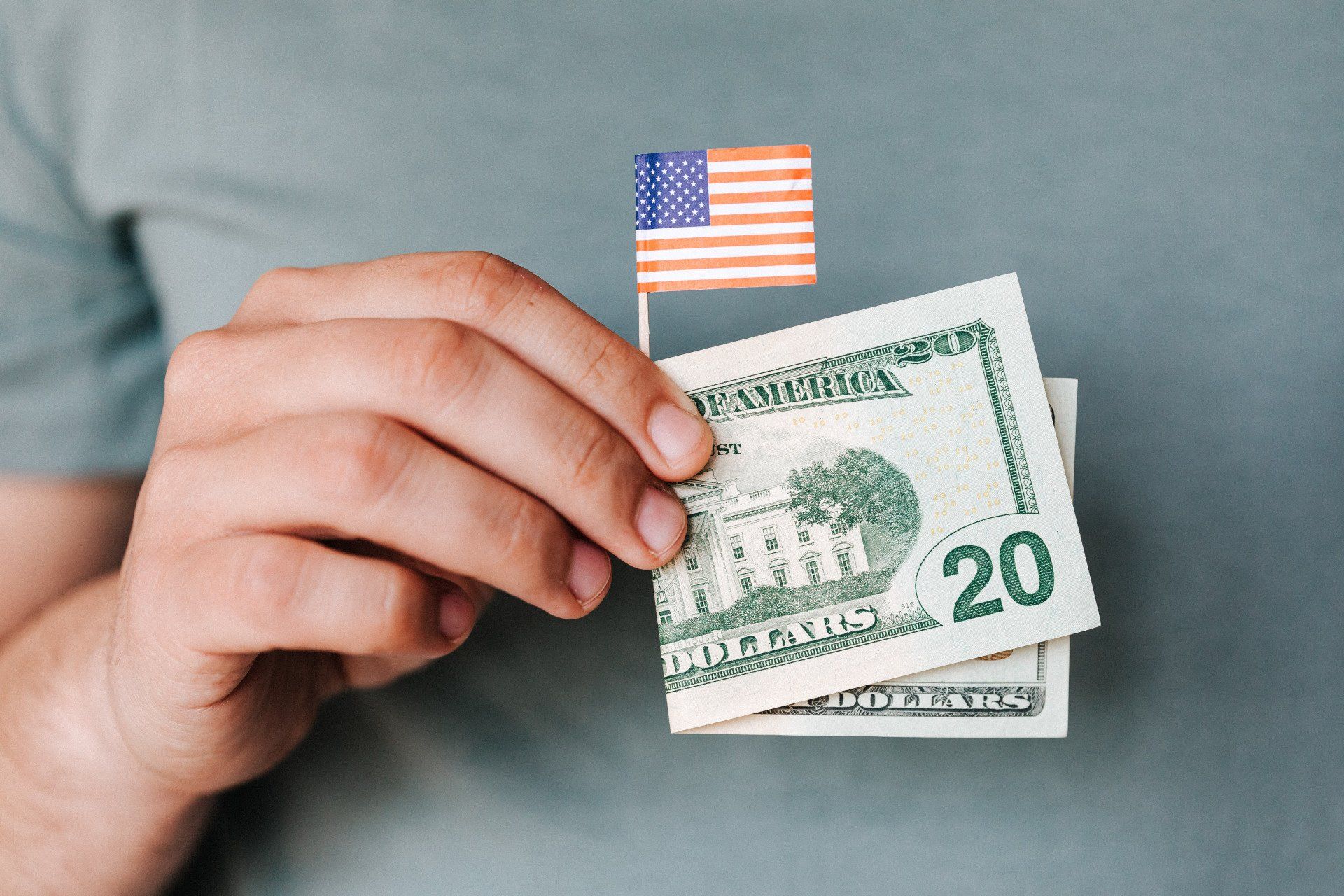
Reality Check
America is rooted in racist and oppressive economic policies and laws that limit equal access, regardless of skin color, to political power, economic and social justice, fairness in education, employment and housing. Historically and up until today, white society accepts that black and brown bodies are terrorized in neighborhoods, killed, primarily, by white police officers and incarcerated at the highest rates than any other industrialized country in the world.
Why is this okay?
THE WHITE LIE
White Americans, for generations, unknowingly or knowingly breathe, eat, bath, and contribute to and benefit from racist policies and systems that prevent black and brown people the same access to the same spaces. This is not easy for white Americans to absorb. Most people believe they are not racists.
Yet, if we open our eyes, we witness daily microaggressions against BIPOC (Black Indigenous People Of Color) and communities. Activists, groups and organization are working to change the narrative. However, it is clearly not enough. Some Americans don't see a problem and others just don't seem to care.
Where do you stand?


SUGGESTIONS
Read, watch, listen and learn, what's at stake. The whole truth is often difficult; it makes you miserable. It also sets you free to see there is no alternative but to act.
When Americans wake up, stand up and speak up, real change occurs. It starts with each one of us. It is not enough to change our own perspective; it's about working within our circle of influence. One person may not have the power, control or influence to change racism in America; but any meaningful change starts within ourselves.
Once you have a clearer understanding of where you stand and what you want to do, find a friend, a local group and/or community organization that is interested in speaking about difficult conversations on social and racial justice issues. Decide on the types of action you can take.
REFLECTION QUESTIONS
What brings you to this moment?
What is your truth?
What is your intention?
What or whom do you want to influence?
What are you looking to impact?
Experiences inform attitudes, values perceptions. What is yours about people of color, your understanding of race and racism.
How old were you when you first understood the impact of race?
Examine literature, movies, T.V. shows and see how they present people of color.
What impact does it have on your belief system. It’s not enough to say you're not racist.
Understand your tolerance for risk in your personal, social and all spaces that you show up in.
How much are you willing to risk to stand up, speak out when you see racism in all its forms?
Are you able to stand up, speak up when you see racism: at home, at work in all spaces?
What and who are you willing to risk for black people and communities of color?
What is a micro-aggression?
Have you been a witness or a party to one?
What did your do or didn't do when you witnessed an incident that made someone else feel less than?
Can you explain the difference between race, racism, racists, antiracism and antiracists?
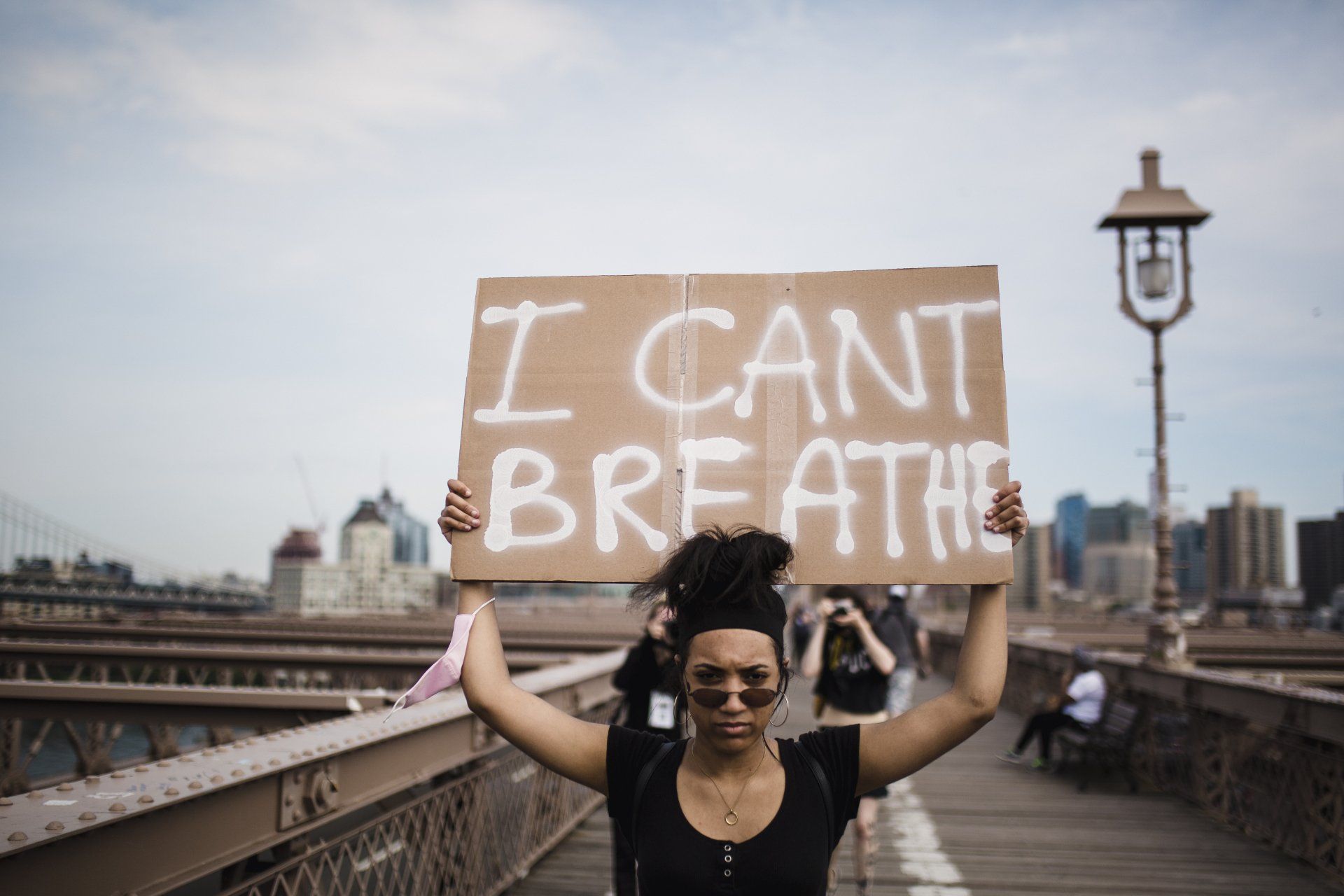
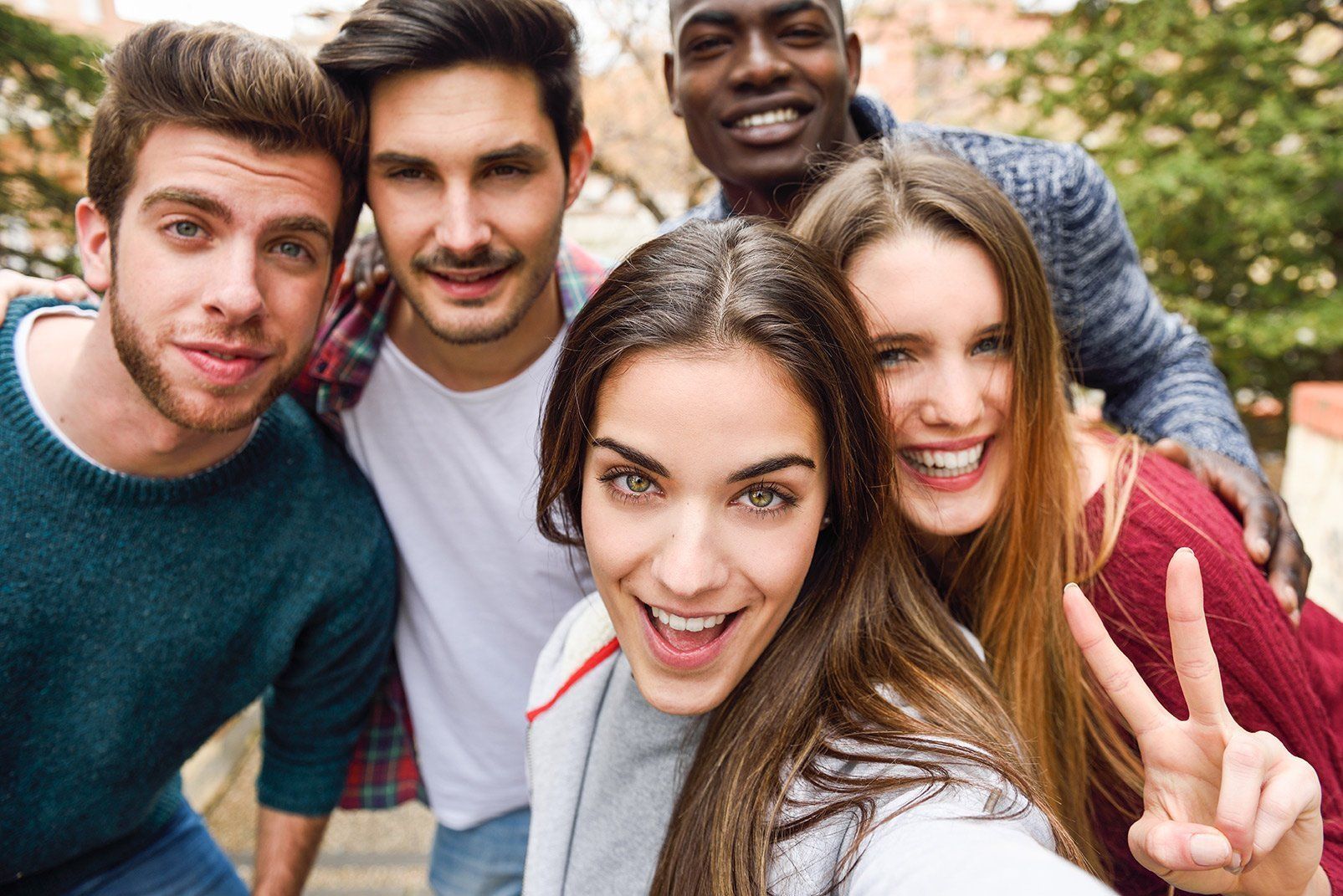
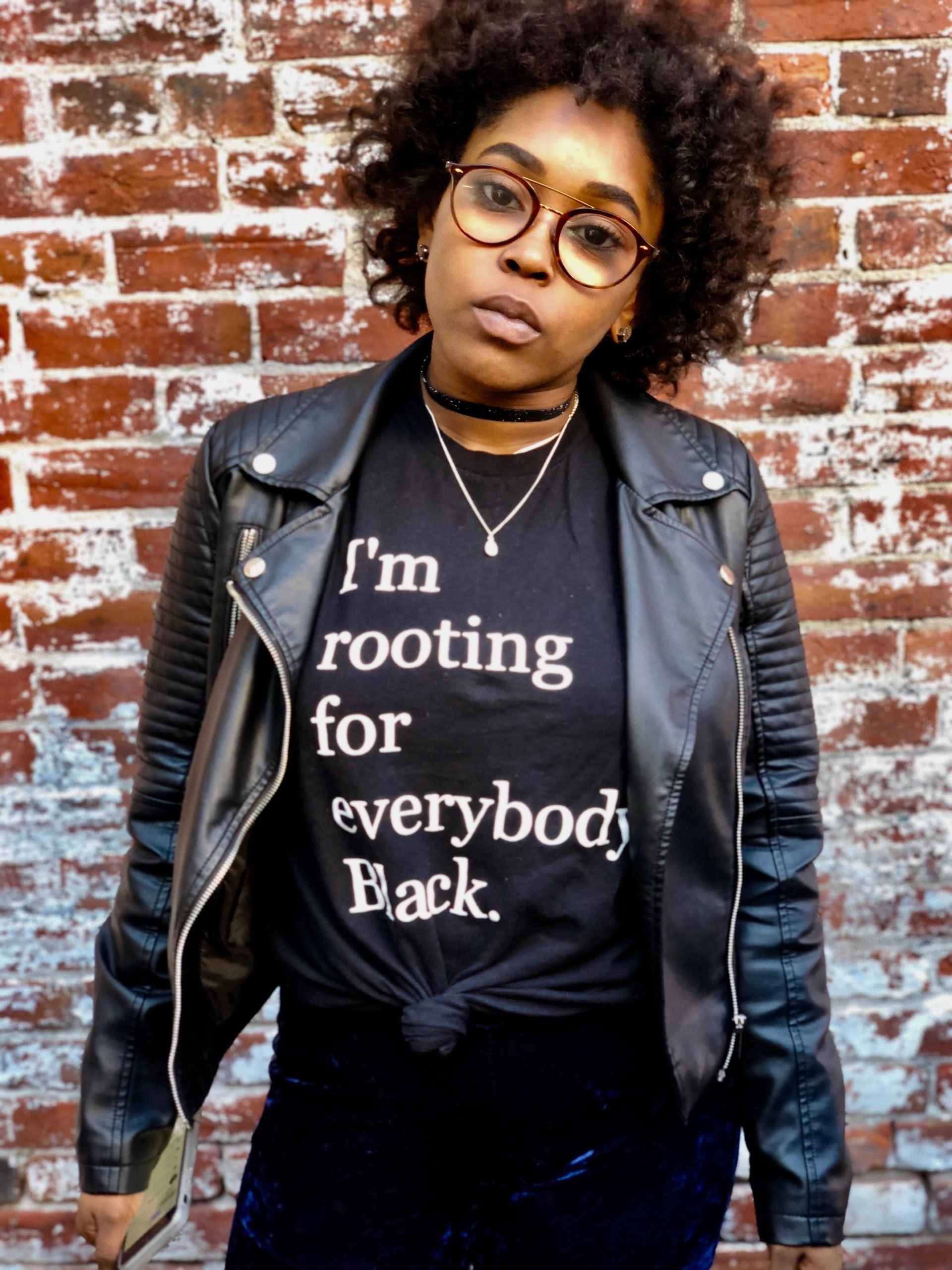
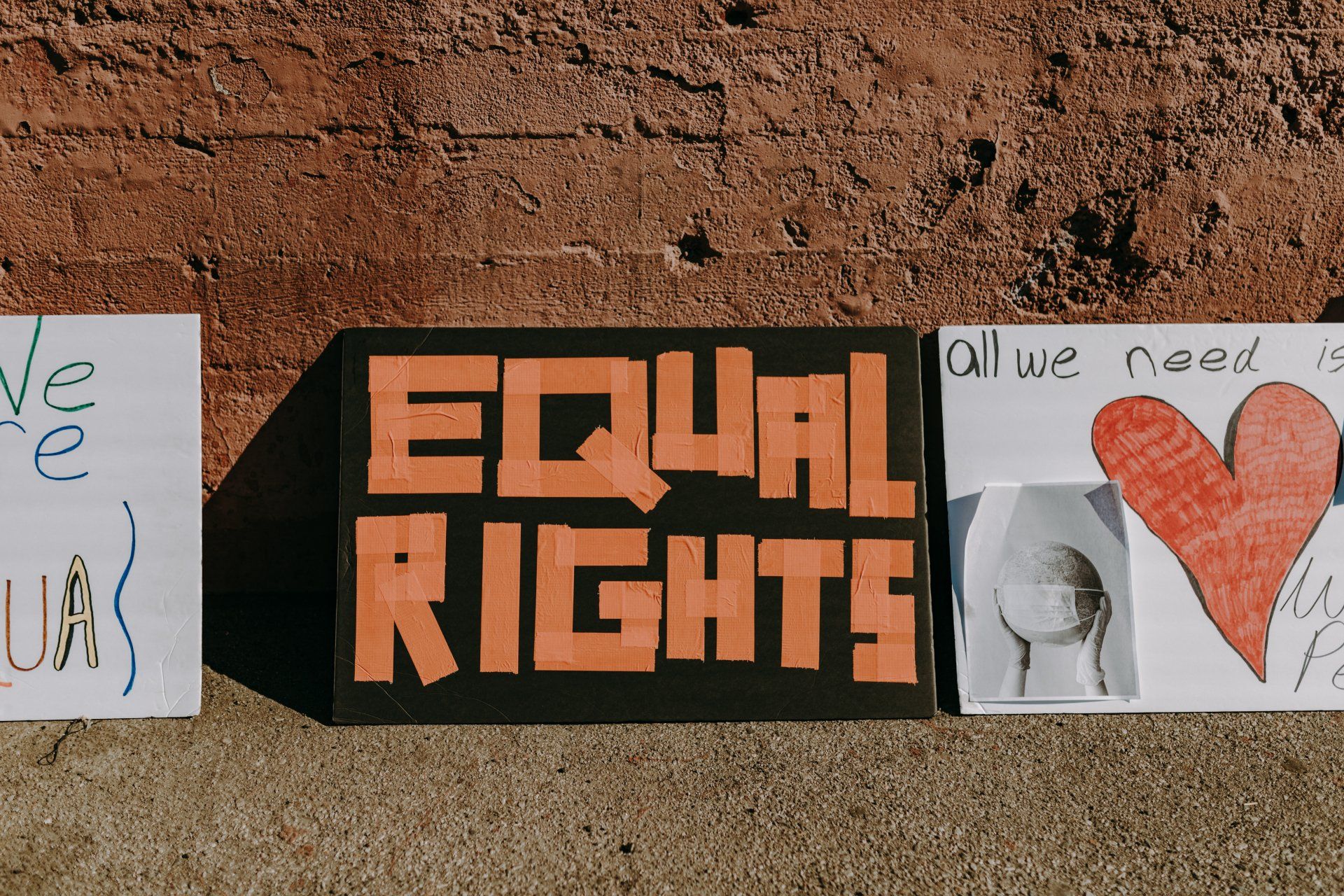

If you are reading this, be kind, be gentle with yourself and those around you. This is a fragile time and its hard to face the truth. Remember white America is stronger than we are conditioned. The notion of white fragility and white privilege goes hand and hand with the profiting of racism.
However, don't confuse privilege with money. Americans, don't like discomfort. We are not comfortable discussing difficult subjects like racism, or accepting unhappy endings. That's white privilege.
Believe in yourself, trust in your heart and your mind will follow. As you peel back the layers of white privilege, do not lose sight of the fact that black, indigenous people and communities of color do not have the same access as white Americans. You can handle the truth once you see it.
What will you do?
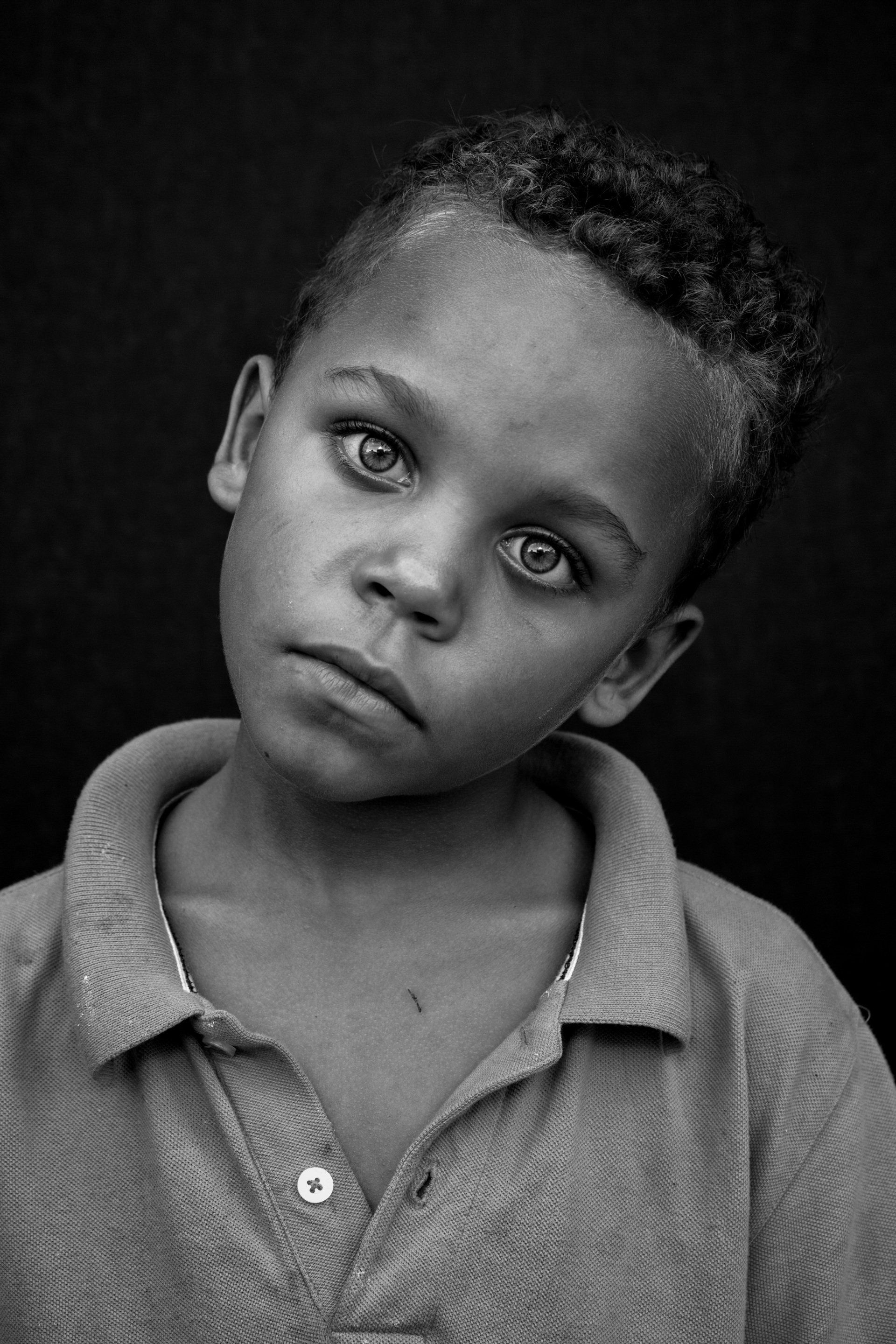
ACT UP SUGGESTIONS
- Keep a journal
- Examine your motivation. The road to American racial and social justice is personal: changing hearts and minds.
- Document your internal feelings on race, bias and diversity.
- Review your (personal) history. Where do hold fears? What are they?
- Reflect on concerns about rejection from family, friends colleagues? Will that prevent you from moving forward?
- Identify your anxieties about race, equity and inclusion. Write them in your journal. Sit with them.
- Decide where you stand on the intersection of race, equity and inclusion. Can you do better?
- Determine what the systems and opportunities you benefit from.
Who will you become?
